EggHead 3
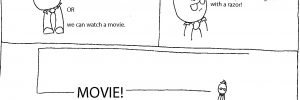
In which we learn the value of choice. Continue reading
Posts that focus primarily on teaching and pedagogy.

In which we learn the value of choice. Continue reading
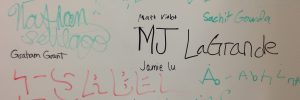
In July 2015, The Chronicle of Higher Education ran an article entitled “Final Exams or Epic Finales.” In it, Anthony Crider, an associate professor of Physics at Elon University, describes how and why he ends his courses not with exams, but with “epic finales.” These epic finales can take many… Continue reading

On Tuesday, March 15, a number of Brittain Fellows and Writing and Communication Program Lecturers showcased their work at Georgia Tech’s Celebrating Teaching Day celebration. Brittain Fellows and Lecturers use a wide range of multimodal activities and assignments in their classes, as their posters demonstrate. The posters can be viewed… Continue reading

While Jack Kerouac’s On the Road (1957) is usually remembered as the quintessential American road novel, the slightly earlier debut novel of Kerouac’s friend and fellow Beat William S. Burroughs, Junky (1953), is equally expansive in its exploration of the North American continent. Kerouac’s roman à clef—first mapped by the… Continue reading

One of the challenges of teaching literature in a multimodal communication course is to keep students focused on the task at hand—becoming effective communicators—while also teaching the literary work as an artifact with all its history, cultural significance, and metaphorical complexities. While I think nearly any cultural artifact from an… Continue reading

When first designing my English 1102 course, Multimodal Mars, I wanted to integrate the Georgia Tech Science Fiction Collection, which contains a large number of magazines such as Planet Stories, The Magazine of Fantasy and Science Fiction, and Astounding Stories (among others). My reason for this was twofold: I felt that students would better… Continue reading

Introduction Lakshmi Raju took my 1101 and 1102 courses her freshman year at Georgia Tech. Currently, she is finishing up her junior year at Tech as an Electrical Engineering major and she is an Associate Editor for Physical Sciences, Mathematics, and Engineering at the Journal of Young Investigators. During and… Continue reading

Writing in 1975, the French film theorist Raymond Bellour characterized film analysis as a writing activity “carr[ied] out in fear and trembling, threatened continually with dispossession of the object” (19). Much of this owed to the technological limitations that then made it all but impossible for critics and scholars (save the… Continue reading

Before coming to Georgia Tech, my approach to teaching writing and communication through fictional work could be summed up like this: students will learn how to analyze novels and short stories and then write arguments explaining their analysis. They will support those arguments by close reading passages and quoting academic… Continue reading
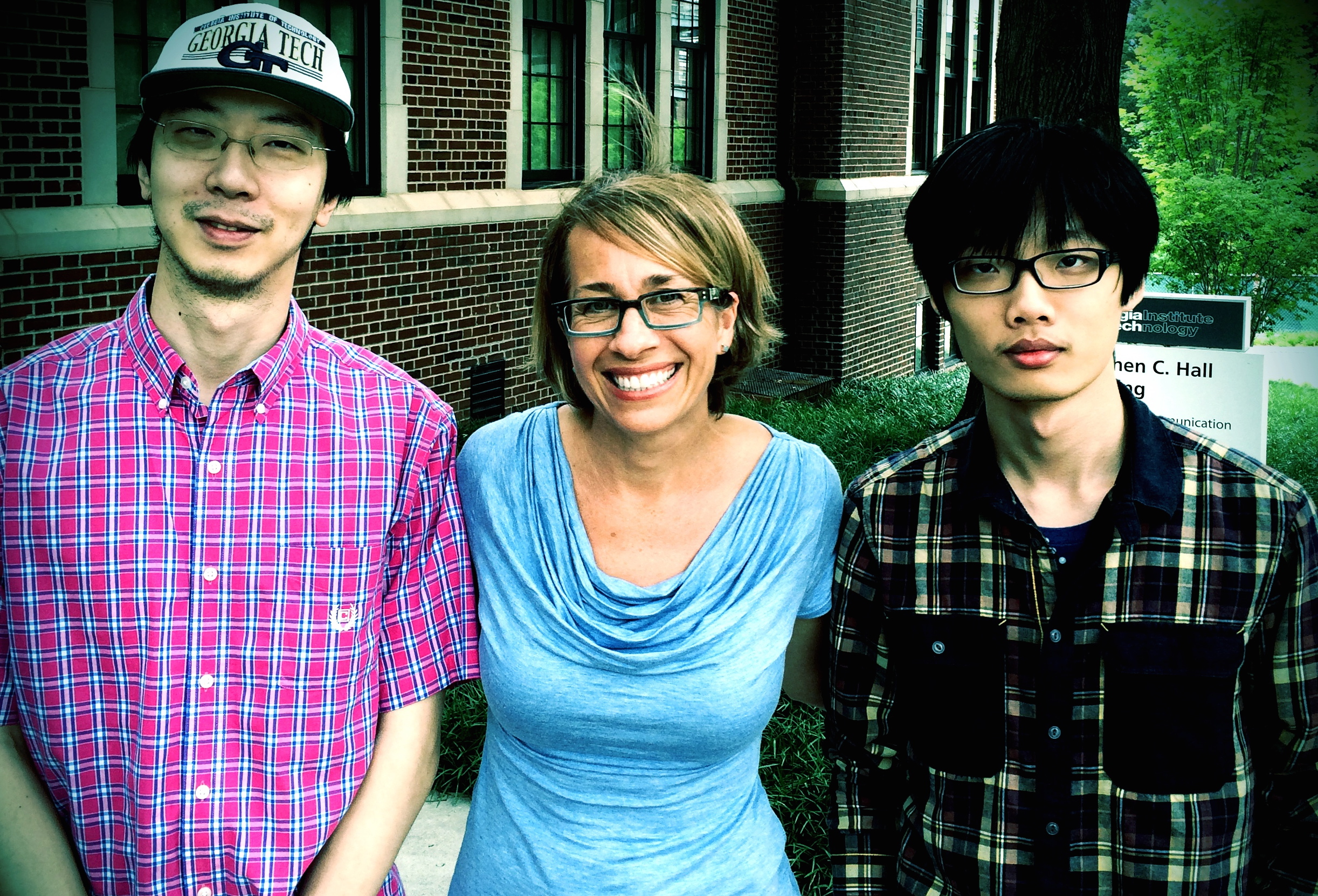
By Sarah Higinbotham, Fan Geng, and Dun Cao What does Shakespeare offer aerospace engineering majors, who often take eighteen hours of computational science, physics, and biochemistry in a typical semester? How does Twelfth Night—Shakespeare’s comedy about the flexibility of language and love—contribute to Georgia Tech students’ analytical skills? And how… Continue reading

Wading into the ongoing and lively discussion about the “Dear Student” series in Vitae, Corey Sparks noted on Twitter that “Working hard on behalf of students and complaining about them aren’t mutually exclusive categories.” The profession largely agrees, though our discourse on our work leads many of us to call… Continue reading
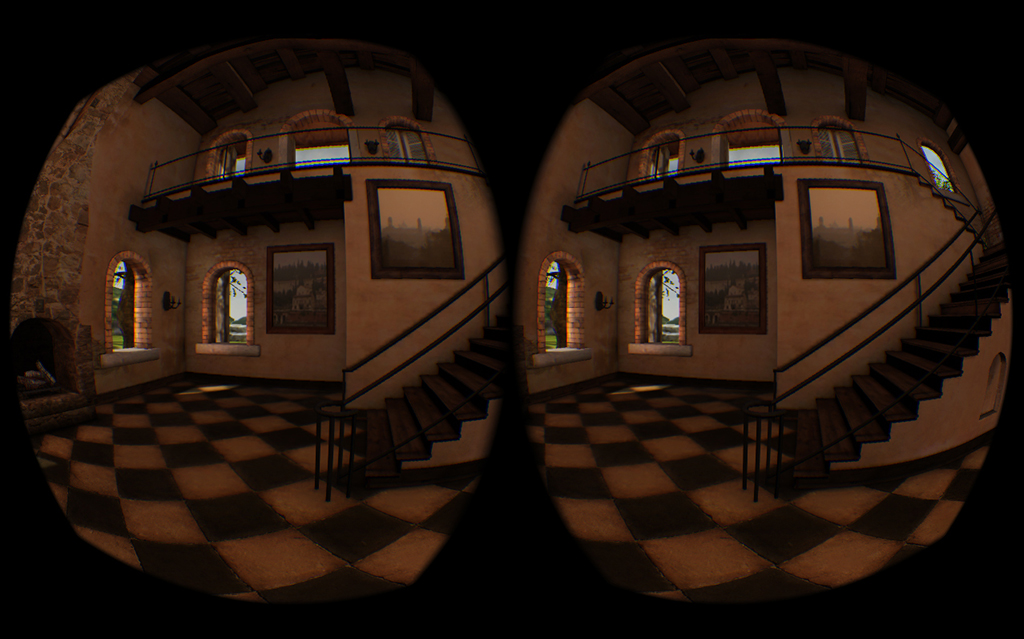
On the Oculus Rift and using VR in the classroom. On October 22, 2014, Stephen Addcox and Joshua Hussey conducted a demonstration of the Oculus Rift (DevKit 1). (In the darkened space of DevLab, Eric Rettberg, Stephen Addcox, Nicole Lobdell, and Joshua Hussey take turns stepping into augmented realities… Continue reading
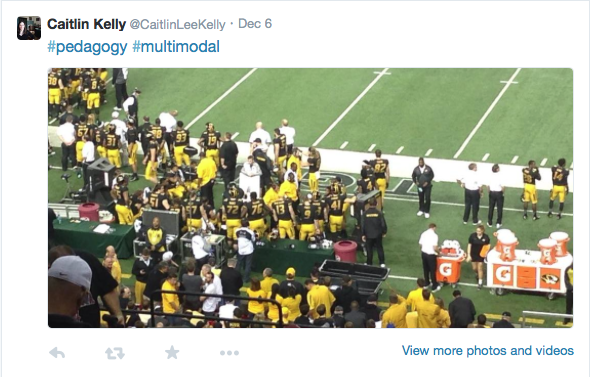
College football is increasingly in the news, and usually for all of the wrong reasons. One of the most concerning things for educators is the relationship between the academic and athletic programs at our nation’s colleges and universities. And it is a tenuous, problematic relationship, undoubtedly. Imagine my surprise then… Continue reading
The 21st Century developments in technology, integrated national and internal economies, and workforce demographics create the expectation that the workplace will be a space in which workers are actively learning, developing competencies, and acquiring skills throughout the duration of their professional lives. In response to this future, instructors must envision… Continue reading

When I invite students to use social media for more formal assignments, they say they find writing “definitely enjoyable” and “more entertaining” in that they bring more “academic focus” to the their digital lives. Consumed primarily for instrumental reasons (glued to their mobile devices, like the rest of us, students… Continue reading
Welcome to a new section in Techstyle. 21 Century students need 21 Century teachers that can prepare them; this means different things to different people. IN this section, we will take the time to explore the tools and methods that work to achieve these goals. You might ask, why pair… Continue reading
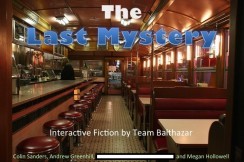
In two earlier posts in this series, I gave an overview of why I use interactive fiction games in my composition classes, and described an “easy way” to do this: that is, using these games as “the reading” for a course unit. If you’re just joining us and you want… Continue reading
Greetings upon the advent of the new school year! I’m thrilled to take the helm of TechStyle, and I’d like to announce a couple of changes for the new school year. First of all, we’re inaugurating a new leadership structure that will include “Section Editors,” content editors who are responsible… Continue reading

When many of us think of virtual worlds they think of working in or doing things in them, or perhaps in some instances creating things in them. In 2009, there were over 579 million subscribers to virtual worlds (Keegan, 2009) doing things, building things, experiencing things, and playing games. Virtual… Continue reading
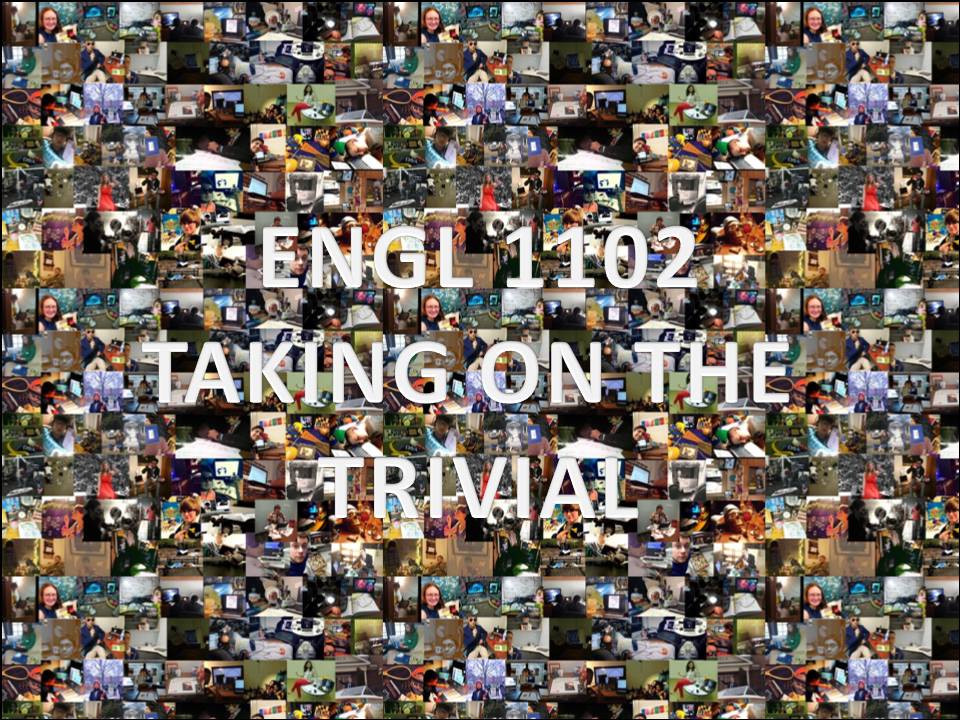
When this school year began, everyone was talking about the GT convocation video that went viral. “You can do that!” was the theme of the speech, where “that” meant things like changing the world, crushing the shoulders of giants, and building the Iron Man Suit. Big ideas! Big risks! Epic… Continue reading
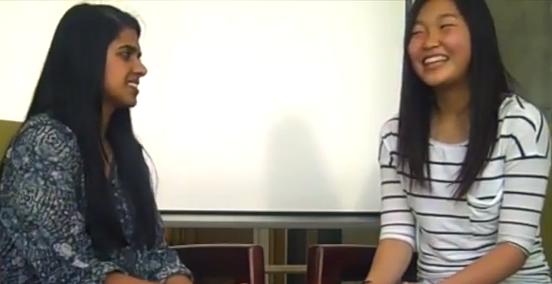
My “English 1102: African American Literature from the Harlem Renaissance to the Digital Present” students’ final assignment this term was a version of one that Anne Sexton gave in her “Anne on Anne” course at Colgate University in the spring of 1972. Sexton taught a class on her own poetry and her teaching… Continue reading

Like so many writing instructors, I frequently find myself frustrated with what appears to be a lack of attention to editing in the papers I receive from my students. In the Fall 2013 semester, I tried something new in an effort to address this issue by inviting students to record… Continue reading
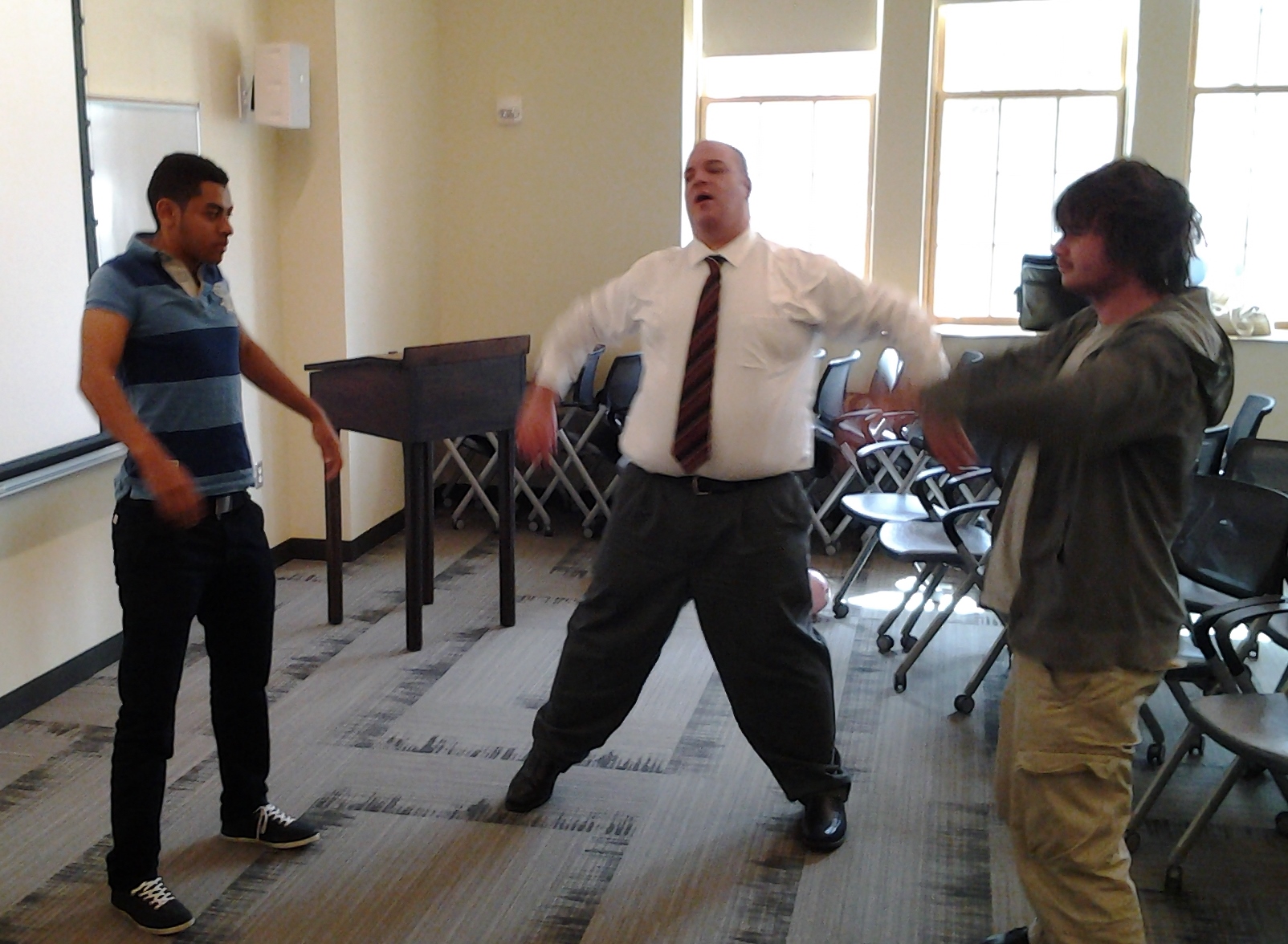
I run my first-year composition seminar as an acting class several times per semester. What does that mean? If you were to visit us, here are some of the things you might witness: physical and vocal warm-ups movement and dance experiments improvisation games observation exercises imagination training scene study discussion… Continue reading
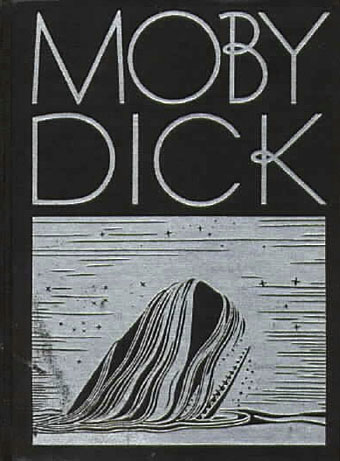
The title for this post (the first of two) comes from a response I received to a brief writing exercise I assigned to a group of University of Rochester students in a previous semester’s writing class. I was considering the possibility of teaching Moby-Dick in a freshman writing class, and… Continue reading
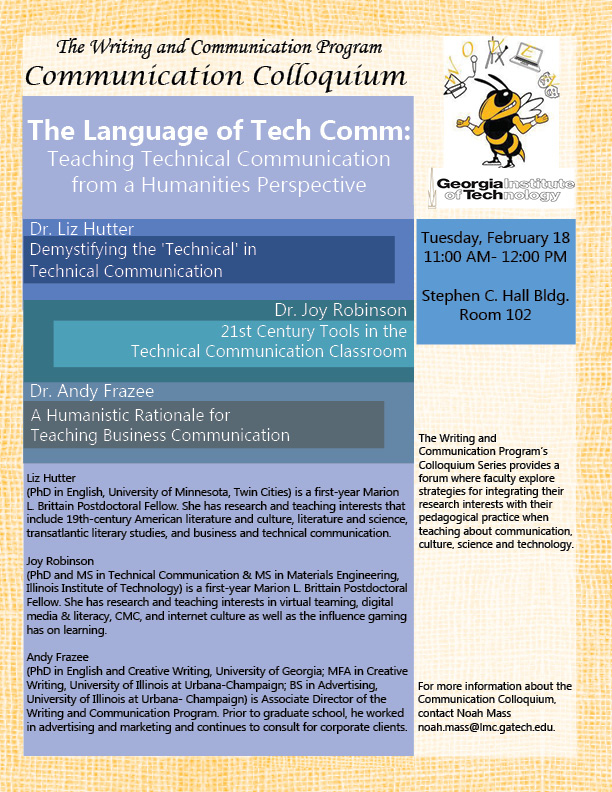
On Tuesday, February 18, from 11-12 PM in Hall 102, the Communication Colloquium presents “The Language of Tech Comm: Teaching Technical Communication From a Humanities Perspective.” LMC 3403: Technical Communication is a course that places an emphasis on workplace communication and that helps third- and fourth-year undergraduates learn strategies necessary for creating… Continue reading